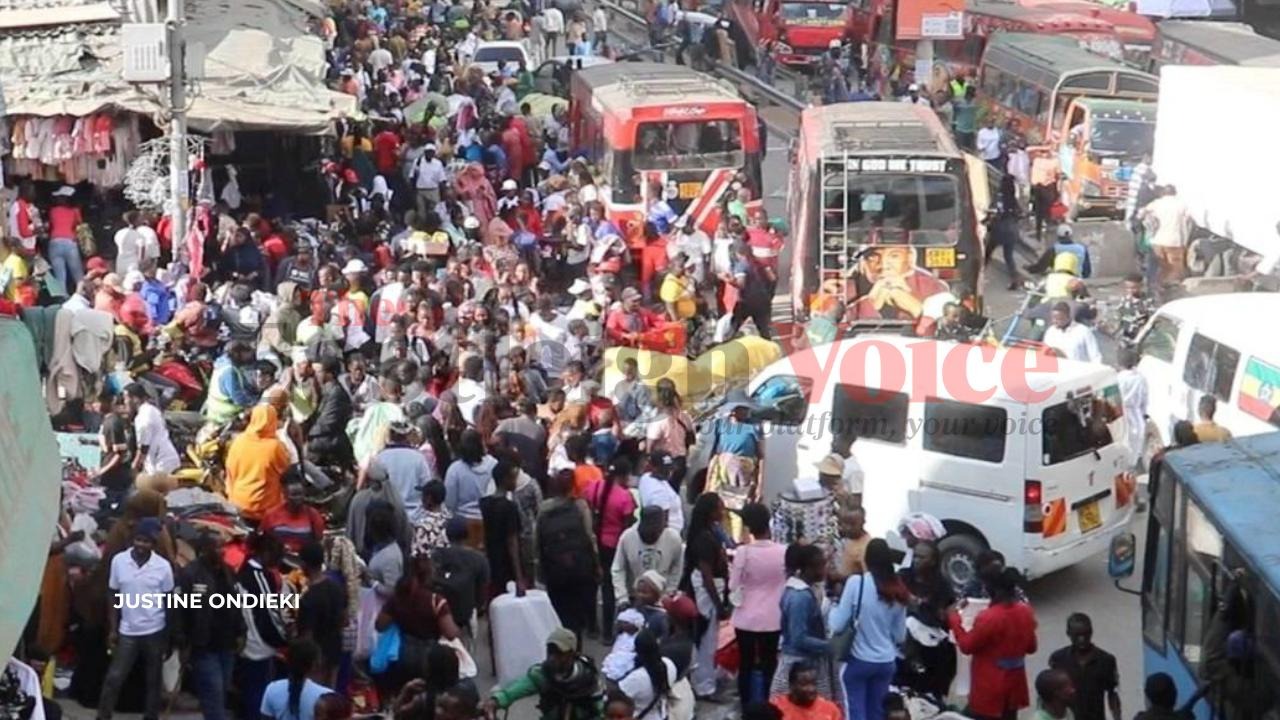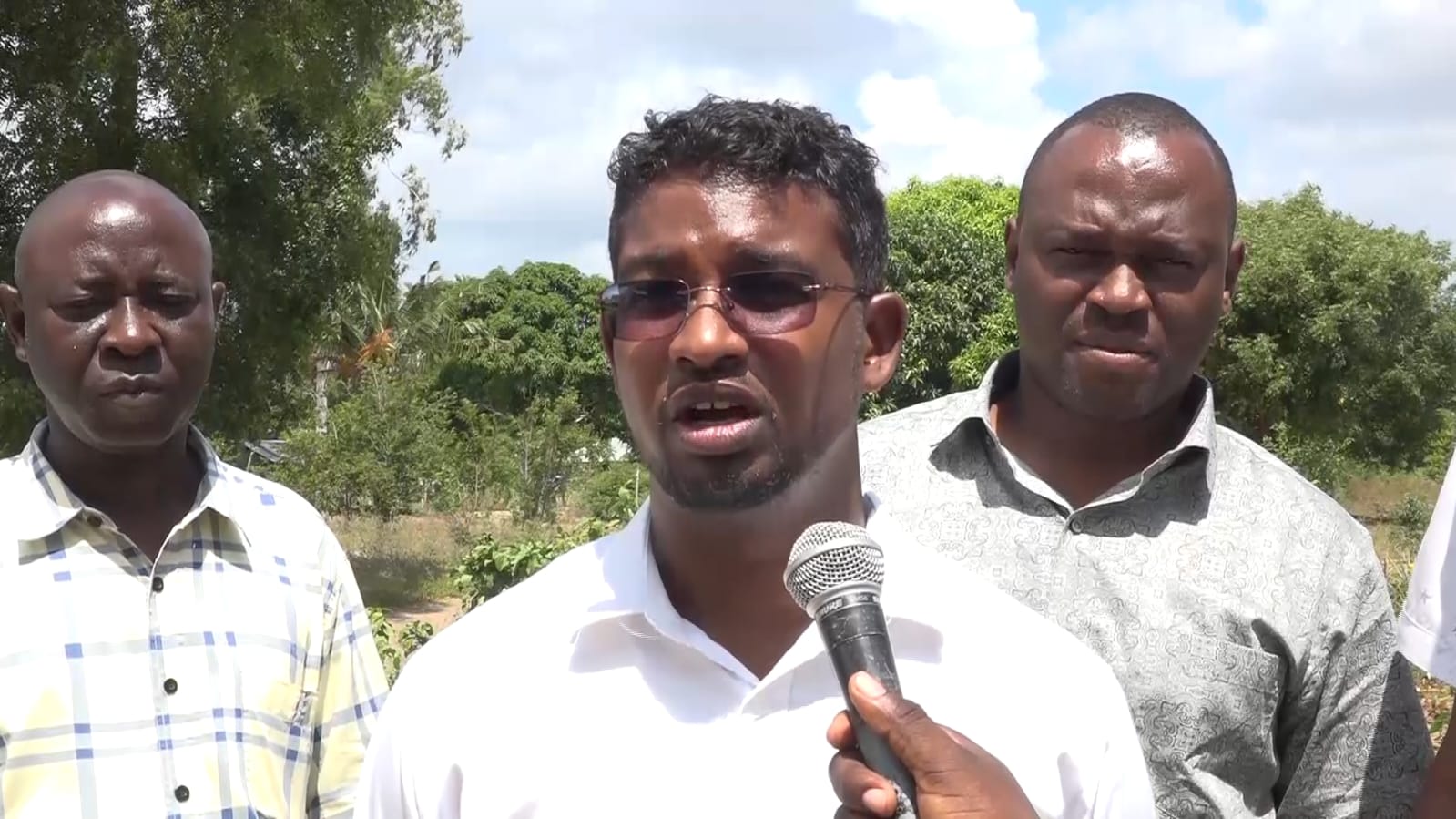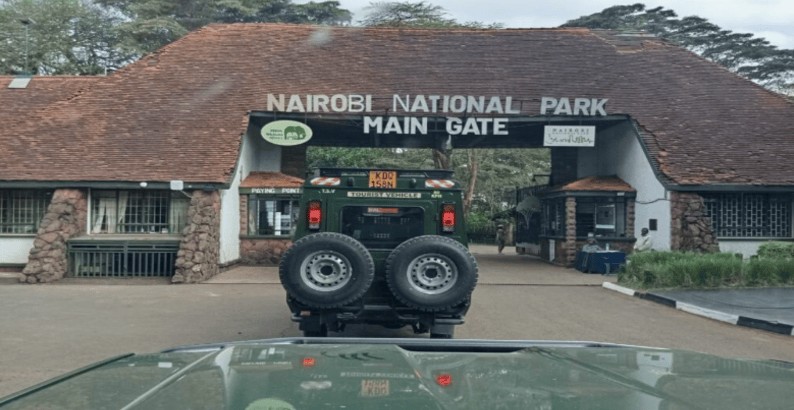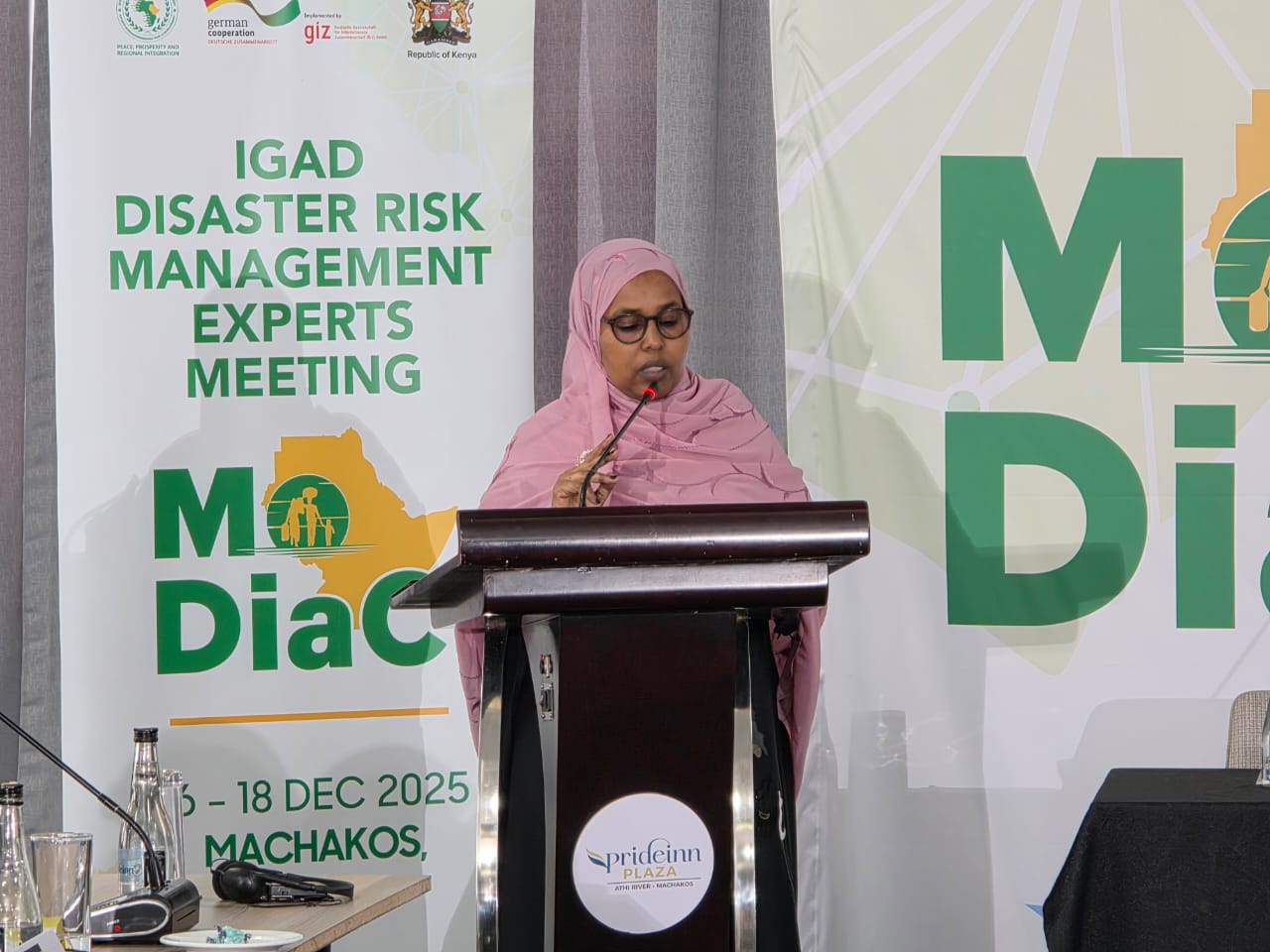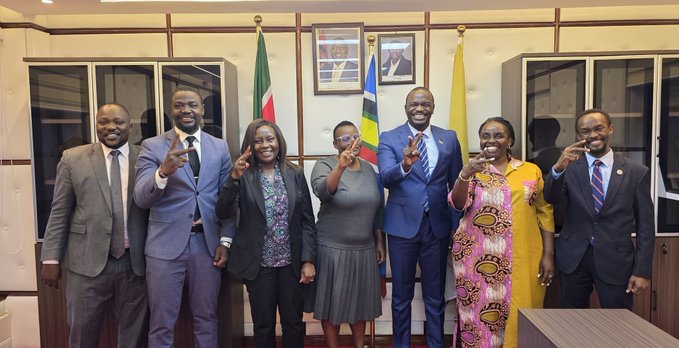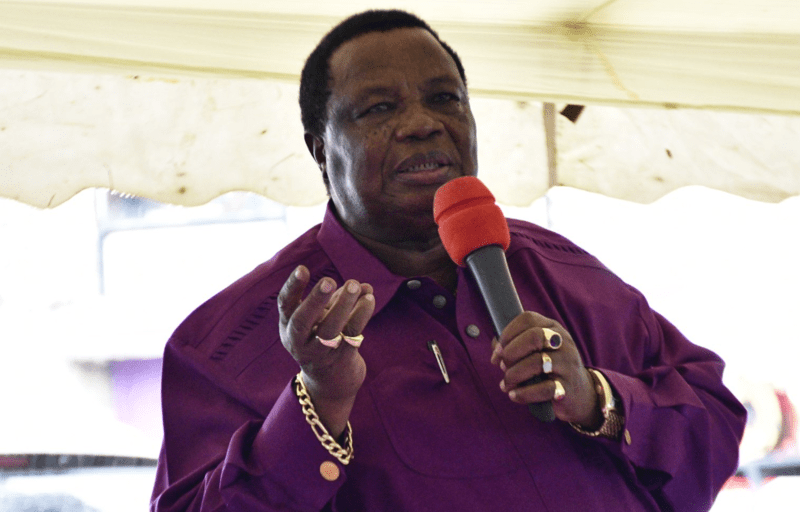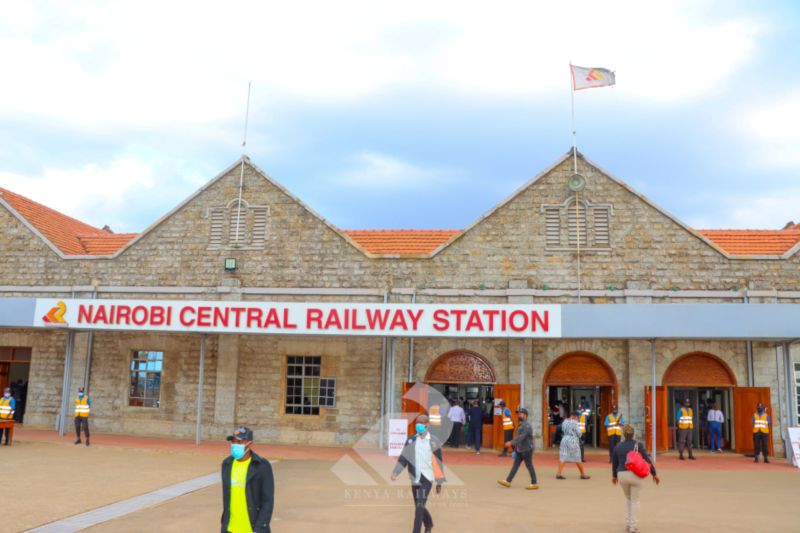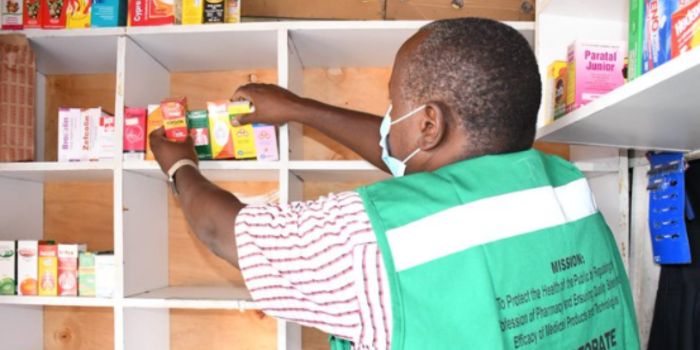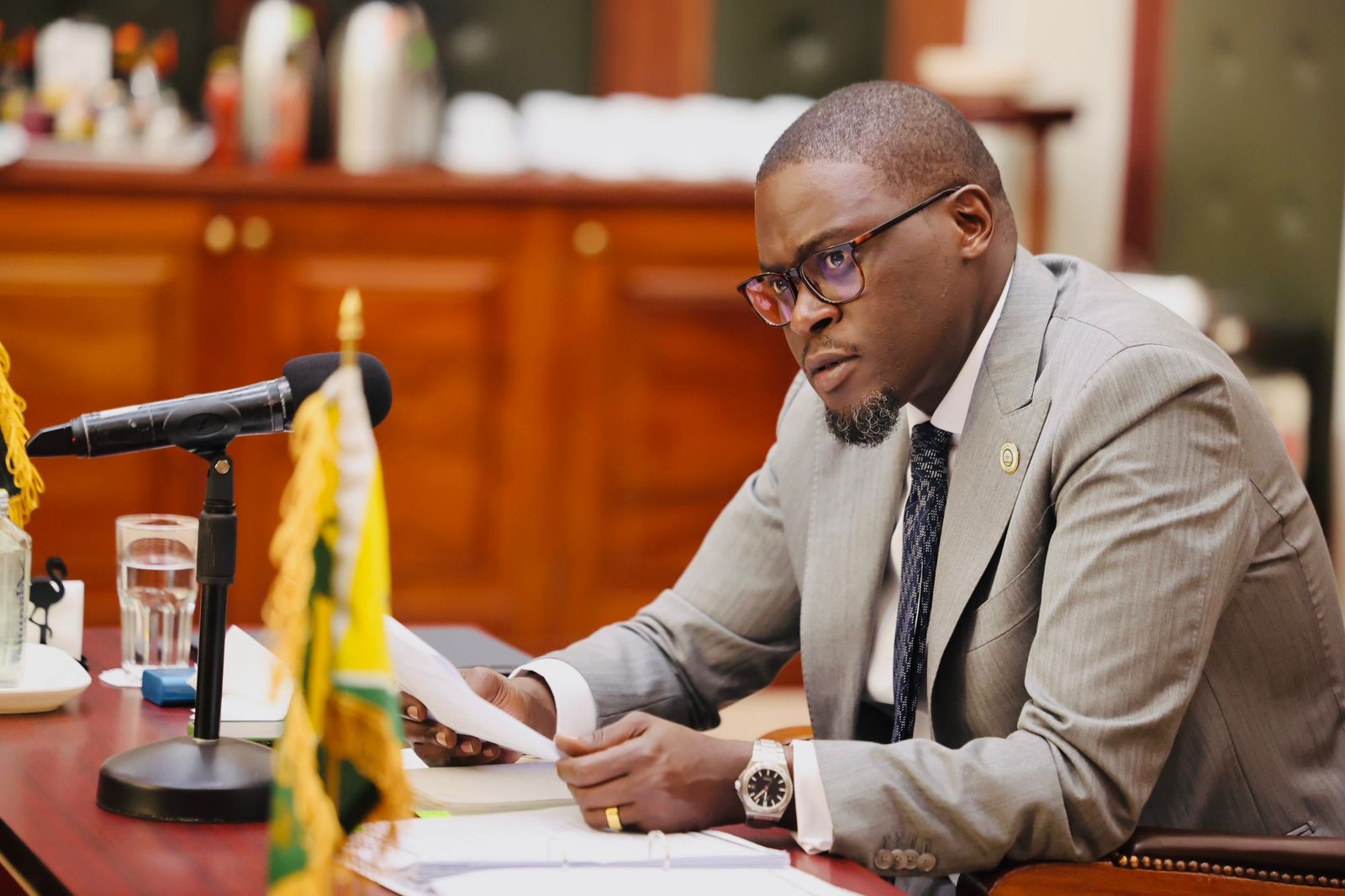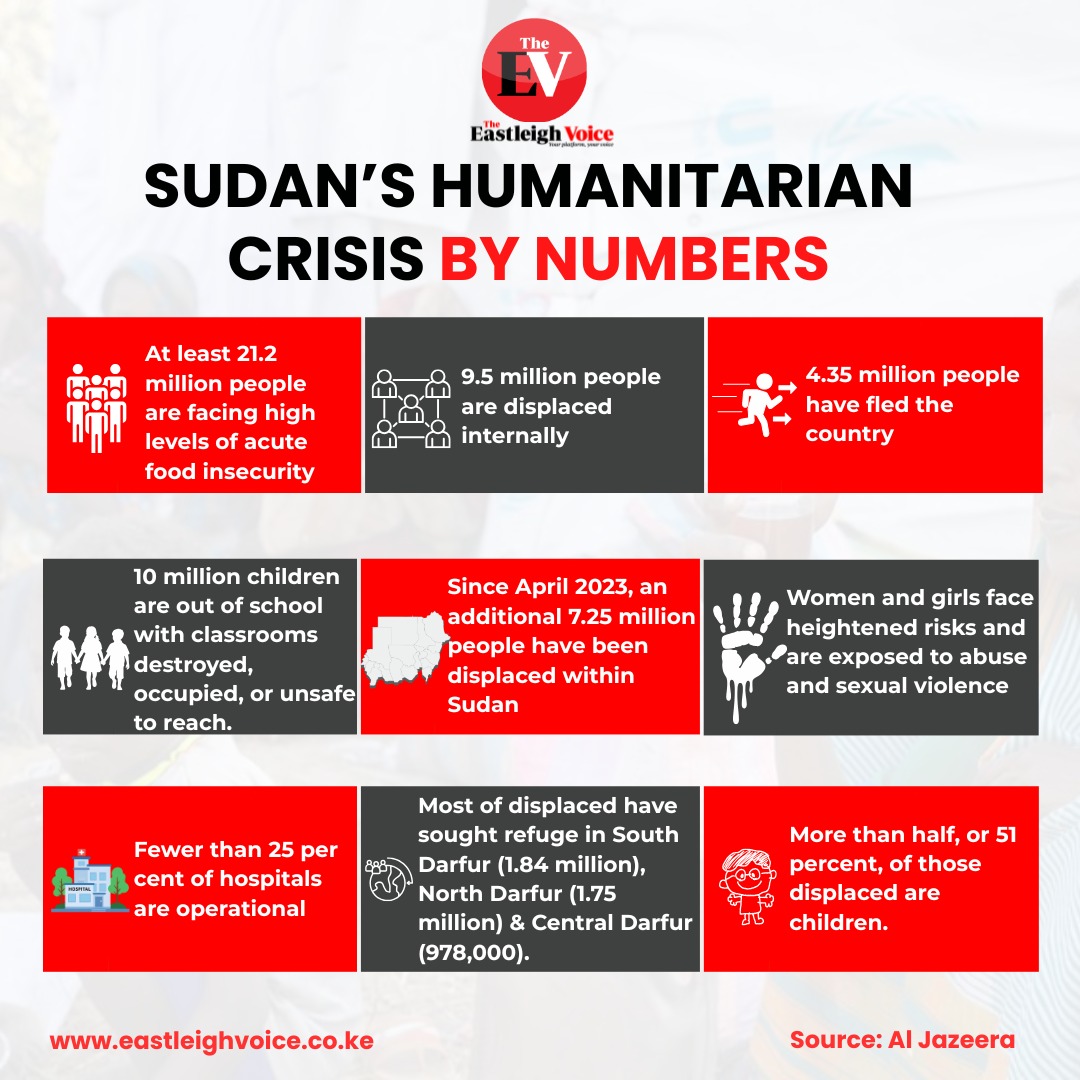International Justice Mission unhappy with debate over Ruto's police victims compensation team
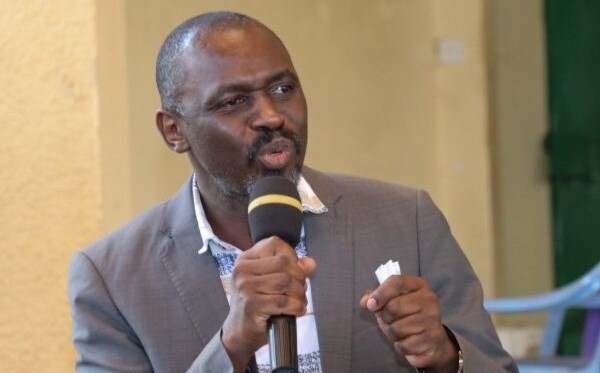
LSK President Faith Odhiambo echoed the call for accountability, saying that cases involving police officers and those in authority should be expedited to restore public trust in the justice system.
The International Justice Mission (IJM) on Tuesday expressed disappointment at the controversy surrounding President William Ruto’s recently formed team to oversee compensation for victims of protests and police brutality.
Speaking during the launch of the Baseline Protection Study Report for 2022–2024, IJM Country Director Vincent Chahale urged Kenyans to seize the opportunity presented by the government to ensure victims of police brutality receive justice.
More To Read
- Coast civil society groups accuse government of starving police watchdogs of funds
- IPOA launches probe as family demands truth over boda boda rider’s death in Nairobi police cell
- 97 extrajudicial killings, 72 torture cases documented in Kenya in 2025 - rights groups
- Kanja admits police could have done better in handling Gen Z protests, advocates for training
- Man held in Kilimani over Sh2.5 million police recruitment scheme
- IPOA decries low turnout in police recruitment, recommends two-day exercise
"The debate we're having now is whether the end justifies the means or the means justifies the end. The thought that I have is that if we're in agreement that victims of police brutality require compensation, then surely, we should be able to resolve how we go about it and who will be involved," said Chahale.
The event was attended by leaders of key justice sector organisations, including the Law Society of Kenya (LSK), the Witness Protection Agency, and the Independent Policing Oversight Authority (IPOA). Chahale stressed that this was a national issue requiring broad participation.
"It its a national issue in my considered view, then they should involve everybody. We should not have a situation where we think some people should be involved and others should not be involved because it is a national conversation," he added.
Chance to act
Chahale noted that this should not be an opportunity for political contestation but a chance to act.
"We have heard issues of police brutality for a very long time, and therefore, when we have such an opportunity, I think it's a time to seize that moment so that we get compensation for our victims," he said.
LSK President Faith Odhiambo echoed the call for accountability, saying that cases involving police officers and those in authority should be expedited to restore public trust in the justice system.
"IPOA should remain resourced and independent. The strategic challenges encountered in discharging its mandate require collective efforts of all stakeholders," said Odhiambo.
The remarks came just a day after the High Court in Kerugoya issued conservatory orders temporarily halting the implementation of President Ruto's directive on establishing a framework for compensating victims of demonstrations and public protests.
According to the IJM Kenya report, at least half of Kenyans have experienced some form of police harassment. The most common complaints were corruption or extortion (55.8 per cent) and harassment (54.7 per cent).
Other reported forms of misconduct included police inaction or negligence (15.5 per cent), wrongful detention (15.1 per cent), and physical assault resulting in minor injuries (13.9 per cent). The use of obscene or insulting language was cited by 12.7 per cent of respondents.
While these concerns were widespread, the report noted that other forms of misconduct covered under the IPOA framework were reported less frequently.
Top Stories Today



